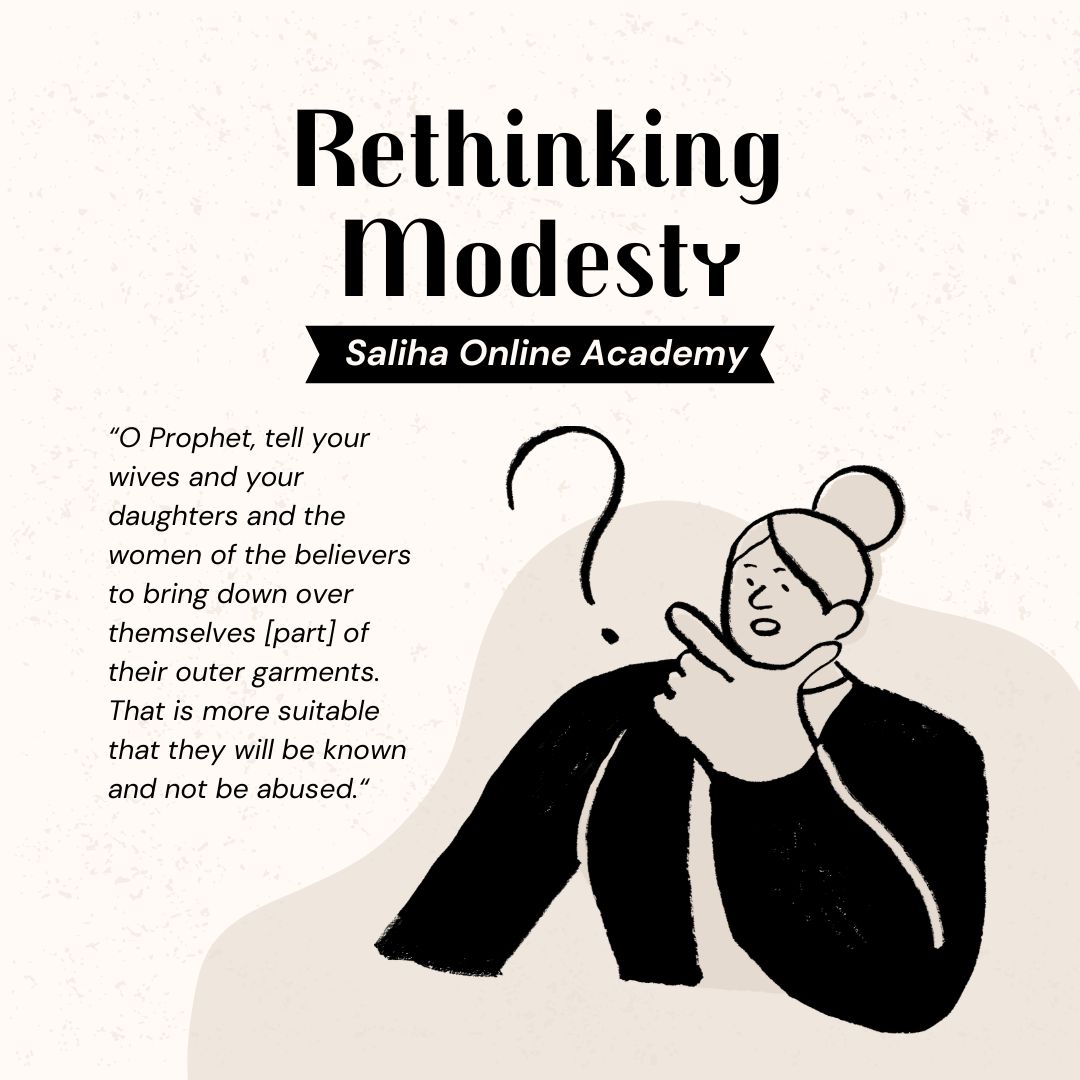In 2025, modesty continues to be a central and evolving conversation in Muslim communities across the globe. With the rise of digital influence, global fashion trends, and shifting cultural norms, the way Muslim women—and men—express their identity through clothing is under new light. Hijab and modest fashion are no longer just about covering the body; they are deeply tied to faith, self-expression, and identity.
This changing landscape calls for a deeper understanding of what modesty truly means in Islam, and how Muslims can maintain their values while navigating modern life.
The Core of Modesty in Islam
Modesty in Islam is not limited to clothing; it is a comprehensive way of life. It includes behavior, speech, gaze, and interaction with others. For women, the hijab is part of this wider concept—an act of worship and obedience to Allah (SWT), not just a cultural symbol or fashion choice.
Allah says in the Quran:
“O Prophet, tell your wives and your daughters and the women of the believers to bring down over themselves [part] of their outer garments. That is more suitable that they will be known and not be abused.“
(Surah Al-Ahzab 33:59)
This verse reflects both the spiritual and social wisdom behind the command of hijab. It is meant to promote dignity, respect, and protection.
The Rise of Modest Fashion
In recent years, modest fashion has become a global industry. Designers, influencers, and brands are creating clothing lines that cater to Muslim women who want to dress modestly but also stylishly. Social media platforms like Instagram and TikTok are full of young Muslim women sharing their outfits, hijab styles, and personal journeys.
While this has created a more inclusive and empowering space for Muslim identity, it also raises an important question: Are we focusing more on fashion than on faith?
It’s essential to remember that modesty is not defined by trends. Islam emphasizes intention (niyyah). Wearing the hijab should be an act of devotion, not simply a fashion statement. Clothing that conforms to Islamic guidelines—loose, non-transparent, and dignified—should always take precedence over aesthetics.
Challenges of Identity and External Pressures
In 2025, Muslim women face increasing pressure from multiple sides. In some societies, the hijab is misunderstood or even restricted, seen as oppressive or backward. In others, women who don’t wear it are unfairly judged or excluded. This creates a complex identity struggle for many young Muslim women.
The reality is that everyone is on a different journey. Islam encourages wisdom, patience, and kindness—not harsh judgment. It is important to create an environment where women feel supported in their growth, regardless of where they currently stand in their personal understanding or practice.
The Prophet Muhammad (peace be upon him) said:
“Make things easy, and do not make things difficult; give glad tidings and do not repulse people.“
(Sahih Bukhari)
This beautiful teaching reminds us that guidance comes from Allah, and our role is to uplift—not shame—one another.
Modesty for Men: A Forgotten Conversation
Often, modesty is spoken about in the context of women only. However, Islam equally addresses men. They too are commanded to lower their gaze, dress modestly, and behave with humility. In today’s world, where images and appearance are highly emphasized, Muslim men must also reflect on how they present themselves—both online and offline.
Embracing Modesty in All Aspects
Modesty is a shield for the soul. It reminds us that our worth is not based on how we look, but who we are in the eyes of Allah. Whether it’s through our clothing, our speech, or our character, modesty brings dignity, peace, and spiritual strength.
In 2025, rethinking modesty means returning to its core values—authenticity, humility, and sincerity. It means expressing our identity confidently, but always within the framework of our deen.
Conclusion
Hijab and modest fashion will continue to evolve, but the essence of Islamic modesty remains timeless. In a world obsessed with appearances, Islam offers a refreshing perspective—one that values the heart over the surface, intention over image, and faith over fleeting trends. As Muslims, may we always strive to embody modesty in both form and spirit, staying true to our faith while engaging confidently with the world around us.
- Info@salihaonlineacademy.com
- Chaman Zar Colony, Rawalpindi
- Sunrise At: 5:15 AM
- Sunset At: 4:50 PM
- Let’s Talk +923301790195


Leave A Comment